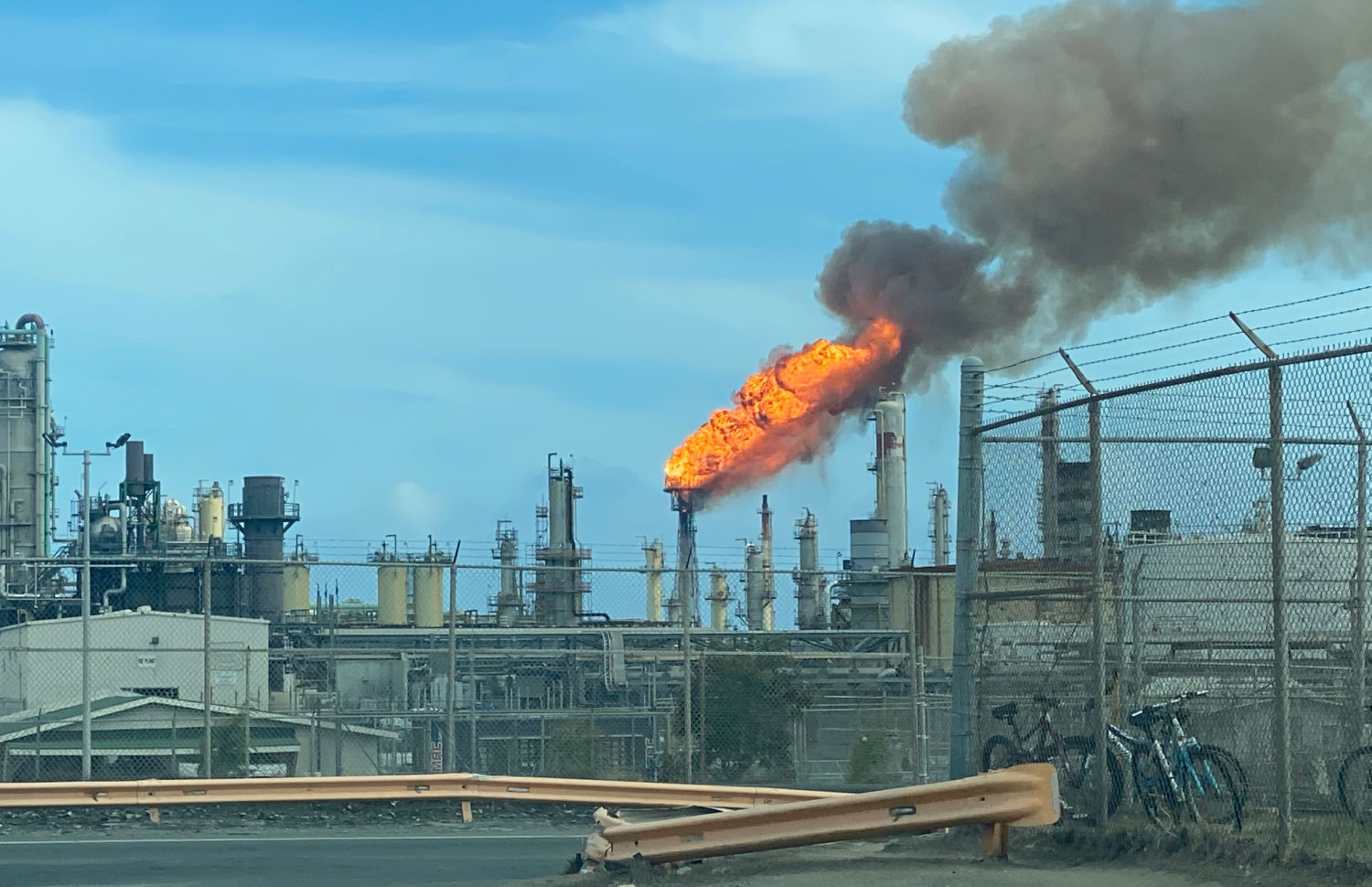CHRISTIANSTED — Governor Albert Bryan issued the following statement on a clean-up agreement between the Environmental Protection Agency (EPA) and Port Hamilton Refining and Transportation:
“It is welcomed news that the open communication we have initiated between the EPA and Port Hamilton is creating a pathway to safely restoring this key economic driver in our community.
“While this announcement only relates to clean-up on the site, we have made great strides in our resolve to achieve the necessary balance between protecting the health of St. Croix residents working in and living near the refinery and the territory’s economic development through finding a path to the progressive reopening of the refinery. And we remain focused on working with the EPA and Port Hamilton to achieve that balance safely.”
Federal regulators required a new Clean Air Act permit for Port Hamilton, which could cost its owners hundreds of millions of dollars and take three years or more to obtain, the EPA said last month.
The idled St. Croix refinery, formerly the largest in the Western Hemisphere, was expected to boost overall supply in the Caribbean, a key transit point for petroleum shipments, but was shut after just a few short months of operation.
The EPA shut down the refinery, formerly called Limetree Bay, in May 2021 after a series of chemical releases into the environment sickened neighboring residents.
The refinery was sold for $62 million in December 2021 to West Indies Petroleum and Port Hamilton Refining and Transportation, following the bankruptcy of its former private equity owners.
The plant owners intend to restart the facility, but have let it fall into disrepair, the EPA said last month. The agency cited equipment corrosion that presents risk of fire, explosion or other “catastrophic” releases of hazardous substances.
An August 2022 fire within the petroleum coke conveyor loading system burned for two weeks, prompting the inspection.
The new Prevention of Significant Deterioration (PSD) permit would require detailed air-quality analyses and the use of the best available air pollution control technology, the EPA said Thursday.
A PSD permit limits emissions to levels that would result from the best available air pollution control technology, which the EPA said would likely result in significant reductions of emissions of nitrogen oxides and volatile organic chemicals, and reductions in sulfur dioxide, hydrogen sulfide, carbon monoxide and particulate matter at the facility.
[wpedon id=23995]

